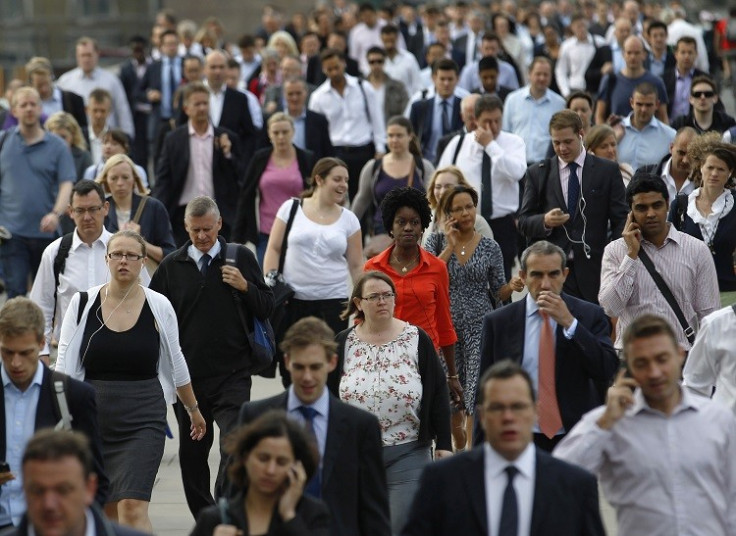Consumers set to face rising prices this year while Britain's GDP is expected to slow
Think Tank NIESR estimates inflation to peak to 3.4% by end of 2017 while GDP growth slows to 1.7%

Consumer Price Inflation is estimated to peak to 3.4% in the last three months of 2017, while GDP growth for the year is set to slow to 1.7% from 1.8% the year prior, according to a report by the National Institute for Economic and Social Research (NIESR).
The 3.4% inflation surge would be well above Bank of England's target rate of 2%. However, inflation is expected to gradually revert to levels consistent with the central bank's target rate. Inflation had previously spiked to 2.3% during March.
The think tank's report highlighted the fact that consumer spending kept the UK economy buoyant for the most of 2016. Rising inflation has since caused spending to slow during the first quarter of 2017, prompting a cool down of the economy's service sector output.
The softening service sector output also caused GDP growth to slow to 0.3% during the first quarter of 2017, compared to 0.8% during the last quarter of 2016. The upward trend of inflation is estimated to further erode the purchasing power of households.
The report added that the country's labour market remains strong with an unemployment rate of 4.7%. The working age population employment rate reached a record 74.6% during the three months leading up to February 2017. However, real wage growth in the labour market remains subdued despite the record low unemployment rate.
"GDP growth over the next couple of years will be subdued, growing at less than the economy's long-run potential rate of 2 per cent per annum, but households will feel the pinch from rising consumer price inflation", said Simon Kirby, head of Macroeconomic Modelling and Forecasting at NIESR.
"The rate of inflation is expected to rise from 2.3 per cent per annum in March to almost 3½ per cent by the end of 2017. By 2018 we expect consumer spending growth to have effectively stalled."
The projection is consistent with a report by financial services and consulting firm PwC released earlier this year. The report projected a slowdown in consumer spending due to debt fuelled spending and rising inflation.
© Copyright IBTimes 2024. All rights reserved.





